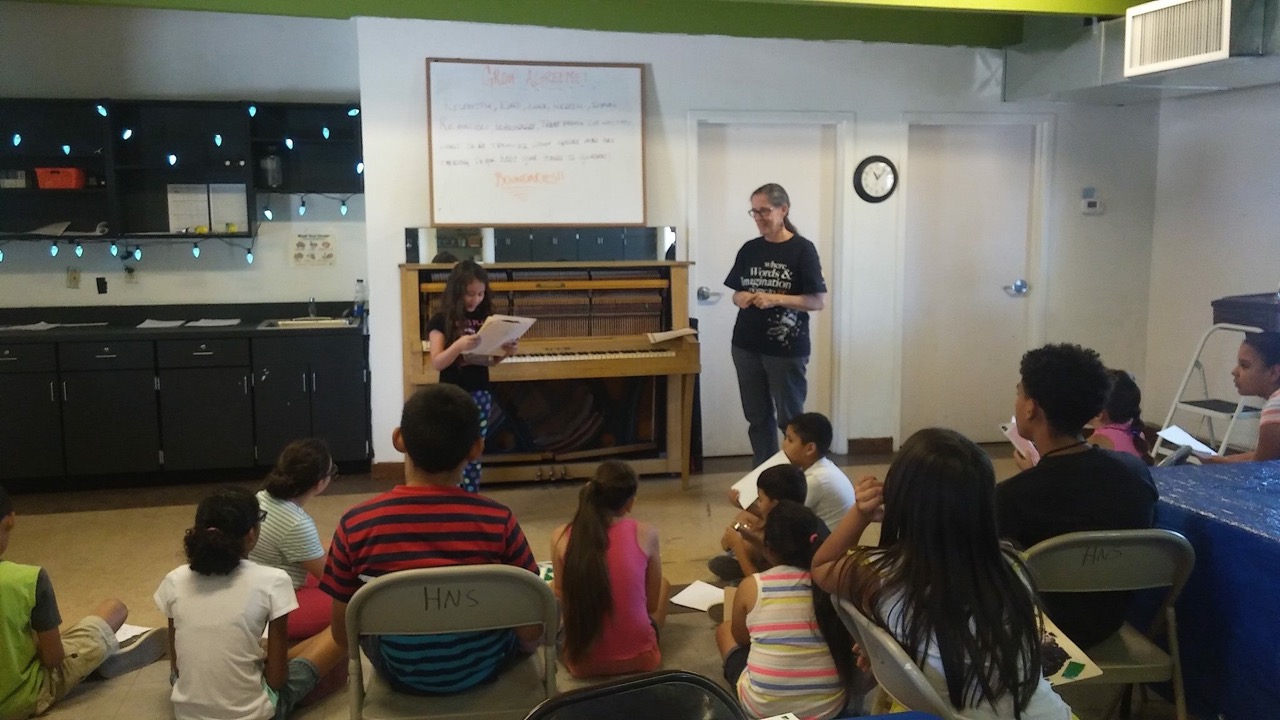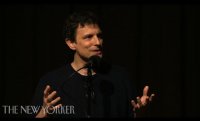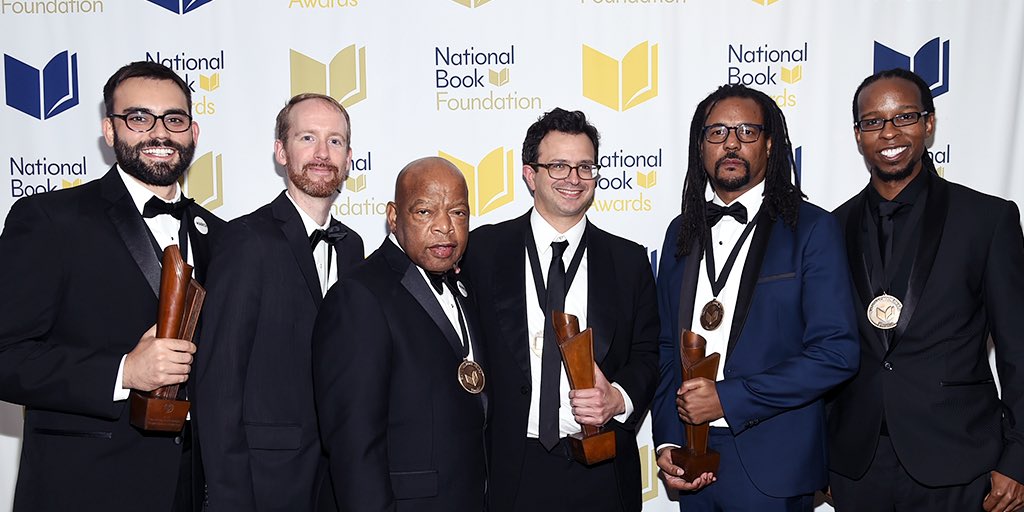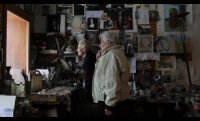Missing You: Honoring Loss and Resilience in South Tucson
Teaching artist Marge Pellegrino recently led a series of P&W–supported writing workshops for the YWCA’s La Escuelita’s summer program. Pellegrino has written about grief and resilience for children. Since 1999, she has directed programming for the Owl & Panther expressive arts project that serves refugees impacted by torture, trauma, and traumatic dislocation. Her book Journey of Dreams (Frances Lincoln Press, 2009) is a Smithsonian Notable Book, Southwest Best Book, and Judy Goddard Award winner for excellence in young adult literature. Her book Too Nice (Magination Press, 2002) is available in five languages.

The neighborhood surrounding the House of Neighborly Service’s La Escuelita knows loss. Many of the youth who participate in the YWCA’s La Escuelita summer camp have family members who have died too young. Some have relatives who have been incarcerated. Some youth come from mixed-status or undocumented families who are separated from loved ones by deportation.
The series of five P&W–supported “Missing You” writing workshops invited neighborhood youth from five to seventeen years of age to explore new ways to hold memories and reach out to those they love. They played with writers’ tools to create a small body of work that tapped spatial and linguistic intelligences. They let their illustrations fuel a “simile portrait.” They felt the cadence in their “I Miss/I Remember” list poems. They composed letters to the people they love and imagined how the voice of that person might sound in an answer. Some of the participants were particularly engaged when they stitched together narratives that captured details of a time they spent together with the person they miss.
One morning they wrote about the metaphorical trash in their lives on scraps of colored paper. They ripped the paper up, put the small pieces in a blender with water, “transforming trash into treasure,” and created a beautiful handmade paper cover for their book, which held their own story of resilience. Their last exploration held up gratitude. They wrote about things they valued about a brother, a tio, abuela, or the mother who loved them, in order to feel how gratitude can lift their spirits, like the last line of a great poem.
Each workshop ended in sharing within the cohort—a time when their words traveled on sound, when they could see others respond to what they had kept tucked in their hearts. A time when the writing and sharing could break through the isolation caused by a buildup of grief and separation. Hearing the others’ stories let them know they weren’t alone with these feelings.
The series culminated in a shy and proud reading for the community elders.
Photo: La Escuelita “Missing You” workshop with Marge Pellegrino.
Support for Readings & Workshops events in Tucson is provided by an endowment established with generous contributions from the Poets & Writers Board of Directors and others. Additional support comes from the Friends of Poets & Writers.







